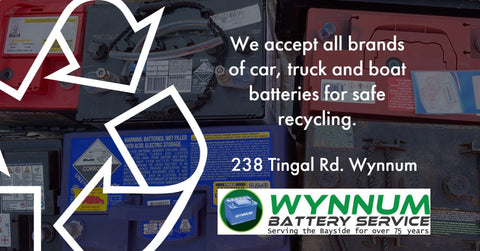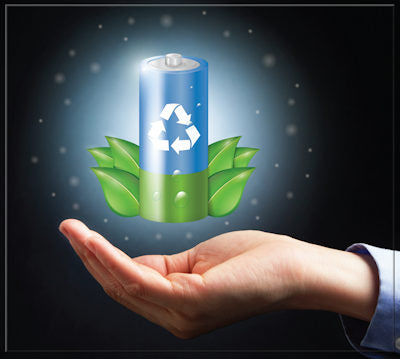Car battery recycling is a vital process that helps to conserve the environment by reducing waste and minimizing the depletion of natural resources. Car batteries contain lead, sulfuric acid, and plastic that can be reused and repurposed in various ways.
The Importance of Car Battery Recycling
Recycling car batteries is a crucial step towards conserving the environment and reducing waste. The recycling process helps to recover the valuable materials used in car batteries such as lead, sulfuric acid, and plastic. The recovered materials can be reused to make new batteries and other products, reducing the need for raw materials.
Benefits of Car Battery Recycling
-
Environmental Protection: Recycling car batteries reduces the amount of waste that ends up in landfills and reduces the depletion of natural resources. It also prevents the release of toxic chemicals into the environment, protecting the air, soil, and water.
-
Energy Conservation: Recycling car batteries requires less energy than producing new batteries from raw materials. This conserves energy and reduces greenhouse gas emissions associated with the manufacturing process.
-
Economic Benefits: Recycling car batteries creates jobs in the recycling industry, promotes the growth of small businesses, and generates revenue from the sale of recycled materials
Over 95% of the materials in a car battery can be readily and economically recycled into high value goods.



